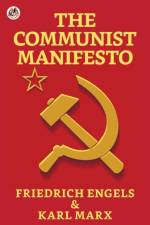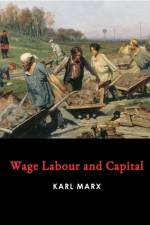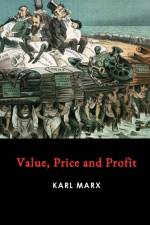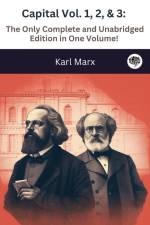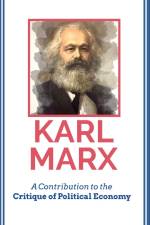von Karl Marx
9,99 €
Es galt vor allem den Klassenkampf in der Tagesgeschichte zu verfolgen und an dem vorhandnen und täglich neu geschaffnen geschichtlichen Stoff empirisch nachzuweisen, daß mit der Unterjochung der Arbeiterklasse, welche Februar und März gemacht hatte, gleichzeitig ihre Gegner besiegt wurden ¿ die Bourgeoisrepublikaner in Frankreich, die den feudalen Absolutismus bekämpfenden Bürger- und Bauernklassen auf dem gesamten europäischen Kontinent; daß der Sieg der "honetten Republik" in Frankreich gleichzeitig der Fall der Nationen war, die auf die Februarrevolution mit heroischen Unabhängigkeitskriegen geantwortet hatten; daß endlich Europa mit der Besiegung der revolutionären Arbeiter in seine alte Doppelsklaverei zurückfiel, in die englisch-russische Sklaverei. Der Junikampf zu Paris, der Fall Wiens, die Tragikomödie des Berliner November 1848, die verzweifelten Anstrengungen Polens, Italiens und Ungarns, Irlands Aushungerung ¿ das waren die Hauptmomente, in denen sich der europäische Klassenkampf zwischen Bourgeoisie und Arbeiterklasse zusammenfaßte, an denen wir nachwiesen, daß jede revolutionäre Erhebung, mag ihr Ziel noch so fernliegend dem Klassenkampf scheinen, scheitern muß, bis die revolutionäre Arbeiterklasse siegt, daß jede soziale Reform eine Utopie bleibt, bis die proletarische Revolution und die feudalistische Kontrerevolution sich in einem Weltkrieg mit den Waffen messen. In unsrer Darstellung, wie in der Wirklichkeit, waren Belgien und die Schweiz tragikomische karikaturmäßige Genrebilder in dem großen historischen Tableau, das eine der Musterstaat der bürgerlichen Monarchie, das andre der Musterstaat der bürgerlichen Republik, beides Staaten, die sich einbilden, ebenso unabhängig von dem Klassenkampf zu sein wie von der europäischen Revolution.


